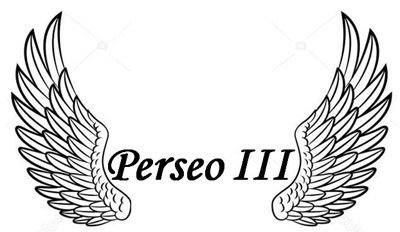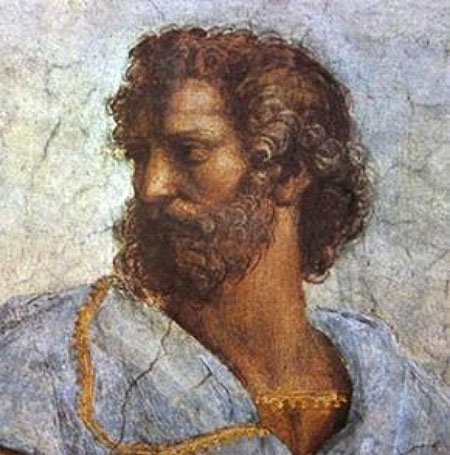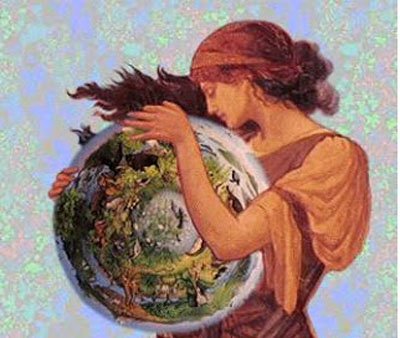The first philosophy was physical.
Western philosophy was born as physical. For the first thinkers the difference that we know today between philosophy and science didn’t exist, there was only one thought that encompassed all the acknowledge of that time.
All the rational reflection was made on the "physis", name that the Greeks gave to nature, source of life, thought and reflection. We can say, without fear of erring, that those first "physiologists" established the great principles that have made possible the development of what we know today as natural science.
The Pythagoreans invented to nature a mathematical being: the world, in the background, was number; these thinkers sought the numerical harmony in life. Plato, although for us he is the father of idealism, built his philosophical thinking about the things that happened to him before his mortal eyes. And, for Aristotle, the main observation comes from the cosmos. For him, the cosmos is a beautifully ordered set, delivered to the senses and the intellect of the rational animal
.
For the Greeks the word physical had a different meaning to the one we give it today; it was observation of life. In Greek thinking, physics, life and nature were part of a unit.
The word metaphysics did not exist in the lexicon of the ancient Greeks; it appears much later in the late Christian West. It is the Christian reinterpretation of classical thought that adds to the philosophical thought its supernatural ingredient.
Early Greek philosophy made the historic feat of turning its back on gods and myths to be boldly entrusted to the single light of natural understanding. The philosophical man found his spiritual home in that eternal rationality that he attributed without hesitation to nature. If some motto we could attribute to those great thinkers it would be: Instead of fantastic gods and myths, natural reason and logic.
But, as is often the case, dispensing with the invisible and mysterious has its cost.
There was a time, not very far, when the universe was still the magnificent palace that the Heavenly Father had destined to the human being, the king of creation. Today it is the chaotic dance, monstrously inhuman, of galaxies.
For an author like Giordano Bruno, the universe was still divine, that was until the sixteenth century. For us, that universe has been terrifyingly large and enigmatically incomprehensible
century. For us, that universe has been terrifyingly large and enigmatically incomprehensible.
The Greek philosophers initiated a path that has led us to a great loneliness. Little by little, we have been running out of Gods, without cosmic world, without mathematical nature, without natural rationality and without historical logic. We live atomized.
Perhaps it is worthwhile to look back a little and take from these early thinkers the idea of a harmonious world. This time of ours, demands an ethics that prevents the technical abuse of science and promotes the well-being of men.
We’ll read each other’s again.
I appreciate all your comments.




